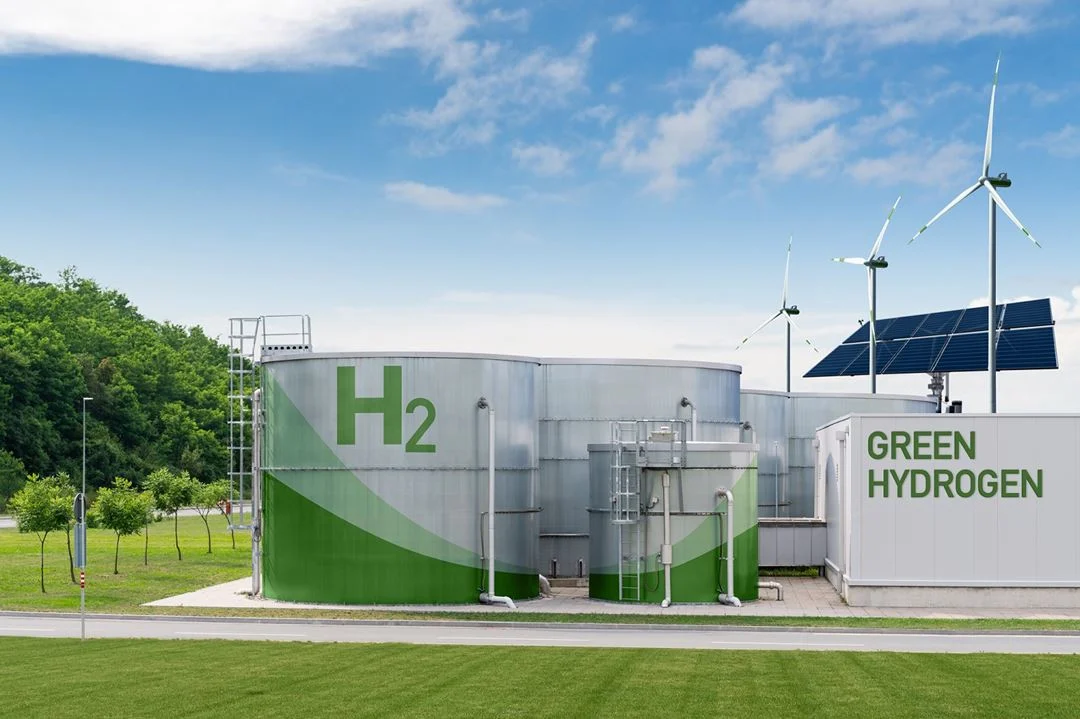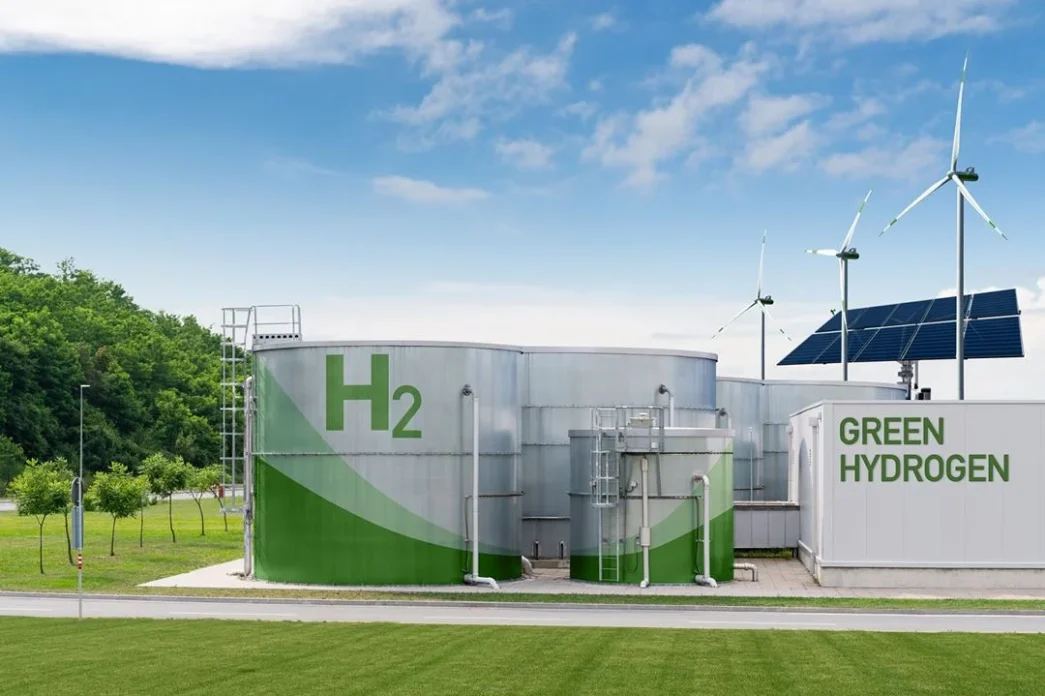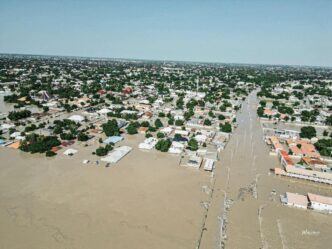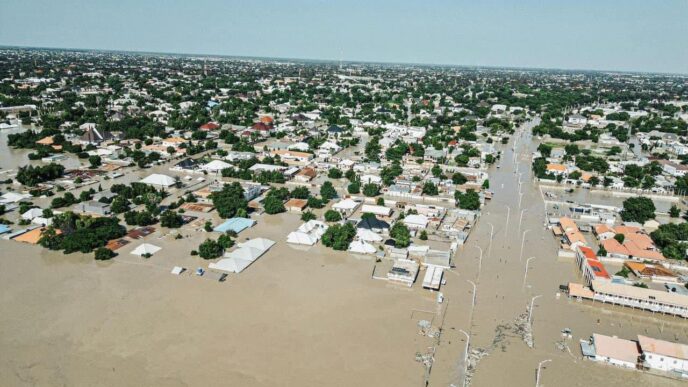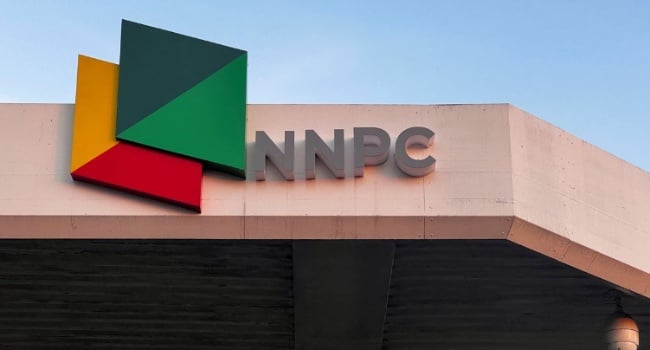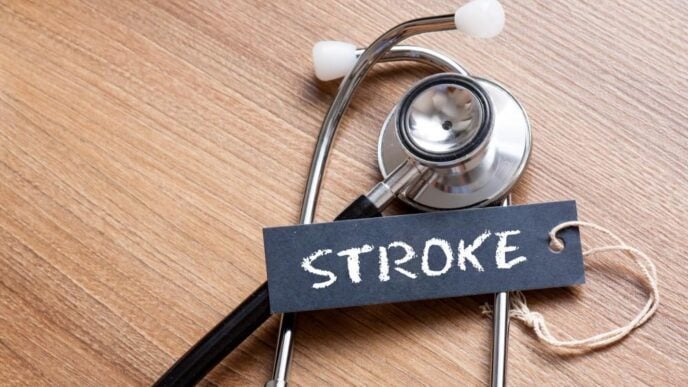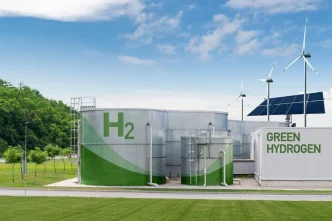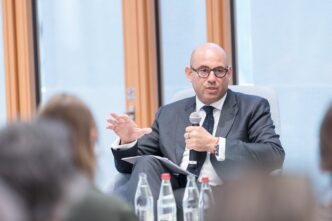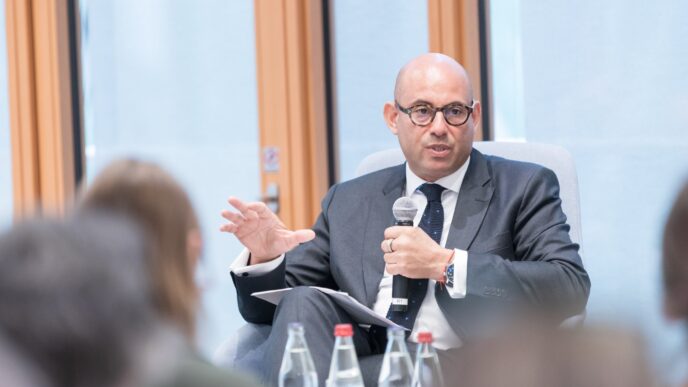The ECOWAS Centre for Renewable Energy and Energy Efficiency (ECREEE) and the ministry of power have jointly called for increased private-sector investment in green hydrogen opportunities.
They spoke at the opening ceremony of a two-day regional capacity-building workshop of the Economic Community of West African States (ECOWAS) private-sector actors on green hydrogen.
Declaring the workshop open on Thursday in Lagos, Temitope Dina, assistant director at the ministry of power, said the regional journey toward a sustainable and green future requires collaboration.
“We are united by a shared vision to harness the immense potential of green hydrogen to drive economic growth, energy security and environmental sustainability across West Africa,” he said.
Advertisement
“The journey to this point has been marked by dedication, collaboration, and a clear understanding of the pivotal role green hydrogen will play in our energy future.
“Green hydrogen stands at the forefront of the global transition to clean energy.
“It offers the promise of reducing carbon emissions, diversifying our energy sources, and fostering innovation.
Advertisement
“In our region, with its abundant renewable energy resources, green hydrogen could be a game-changer.”
Dina said green hydrogen has the potential to significantly strengthen our economies, support regional industries, and generate jobs.
He said the region’s success would depend on the technical aspects of green hydrogen and also “on our ability to work together”.
“The transition to a green hydrogen economy is not just a technical challenge; it is a chance to redefine our energy landscape and build a more sustainable future for generations to come,” the assistant director said.
Advertisement
Also speaking, Bruno Korgo, regional coordinator for renewable energy and green hydrogen at the West African Sun Service Centre for Climate Change and Adapted Land (WASCAL), said the ECOWAS region has a huge potential in terms of renewable energy including solar, wind, hydro, among others.
Korgo said the West Africa green hydrogen policy sets a target for the West African region to produce 0.5 million tonnes of green hydrogen per year by 2030 and 10 million tonnes by 2050.
The coordinator, who noted that the policies have been adopted by heads of state in the region, said the government and private sector need to collaborate to achieve the goals.
Korgo said green hydrogen is considered in energy strategies all over the world as a factor for decarbonising a lot of sectors globally.
Advertisement
